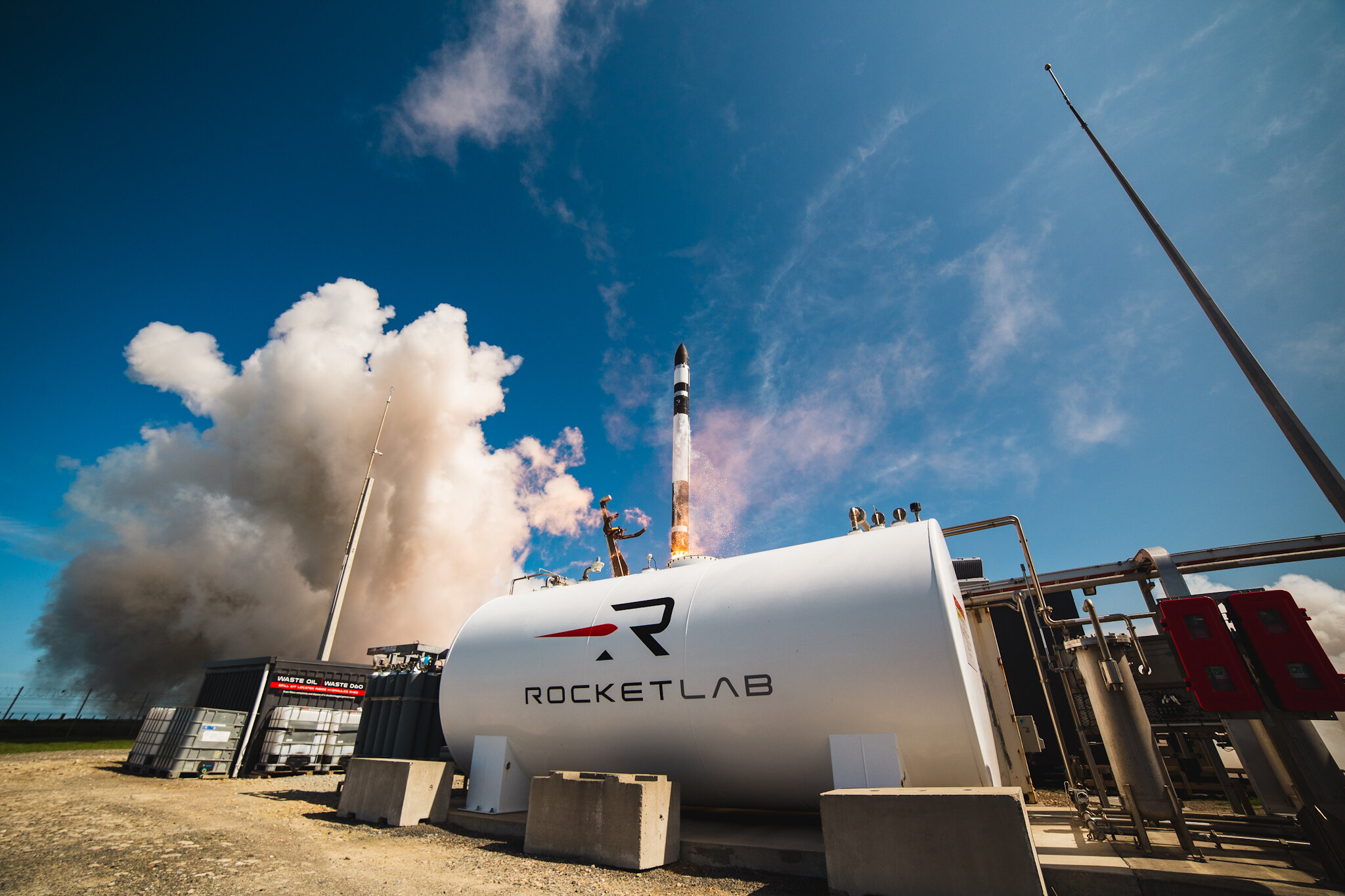Space exploration is rapidly shifting away from being the work of governments to private companies, and Wall Street is taking notice. If analysts at McKinsey & Company are correct, the industry could add an eye-watering $1.8 trillion to the global economy, driven by demand for satellites and their downstream effects on terrestrial companies.
Industry leader SpaceX has already demonstrated the value-creating potential in this industry, offering internet connectivity and payload launches. However, regular investors have no access because it's private, creating a need for viable alternatives. Let's dig deeper to decide if Rocket Lab USA (RKLB 1.36%) can fit the bill over the coming years.

NASDAQ: RKLB
Key Data Points
Is Rocket Lab a viable alternative?
Founded in 2006 and going public through a merger with a special purpose acquisition company (SPAC) in 2021, Rocket Lab is one of the few ways investors can get direct access to the rocket launch services industry, currently dominated by SpaceX. Both companies help public and private sector clients transport payloads into space while also selling satellite-related hardware. But they aren't totally the same.
SpaceX focuses on developing larger rockets like its flagship Warship, which may be capable of carrying payloads of 100 to 150 tons when it is complete. Rocket Lab's rockets are significantly smaller. Its largest rocket under development is the Neutron, which will only be able to carry relatively small payloads of 13,000 kg (roughly 13 tons) to low Earth orbit. There is also a big difference in the scale of the two companies' operations.
Elon Musk projects that SpaceX could earn a profit of $15.5 billion in 2025 alone -- driven in large part by its broadband internet service segment, Starlink. Assuming a market average price-to-earnings multiple (P/E) of 29, the company would be valued at $450 billion. For comparison, Rocket Lab's market capitalization is just under $17 billion.
Operational results are mixed
While Rocket Lab is small, its business is growing fast. First-quarter revenue jumped 32% year over year to $123 million as the company launched several missions through its small orbital rocket, Electron, which helps clients deliver microsatellites and observation spacecraft. These types of services are crucial for national security and intelligence agencies that need up-to-date tracking of geopolitical hotspots.
With that said, like many SPAC companies, Rocket Labs seems to have hit the market less-than-ready for prime time. While its top line is growing, margins remain weak. Operating losses actually expanded 37% in Q1 2025 to $59.2 million. And it's hard to see the company establishing a pathway to profitability because of its vast research and development (R&D) budget, which will be hard to cut back in such a technical industry.

Image source: Getty Images.
While Rocket Lab has around $303 million in cash and equivalents on its balance sheet, this won't actually last very long in the face of operational losses that could exceed $200 million per year if current trends continue. Investors should expect management to eventually turn to outside sources of capital, such as equity dilution, which could hurt the stock price by increasing the number of shares outstanding.
Where will Rocket Lab be in 5 years?
Over the next five years, Rocket Lab looks capable of achieving positive net income, especially when its new Neutron program comes online. This partially reusable medium-sized rocket is designed to compete with SpaceX's workhorse, the Falcon 9, which helped slash the larger company's operating costs when it launched in 2010.
Rocket Lab claims the Neutron will be ready to launch in the second half of 2025. But while this is exciting, it also goes to show how far behind the company is compared to its larger rival. Rocket Lab is not really a good SpaceX alternative right now, and investors may want to wait for more signs of progress before considering a position in the stock.





